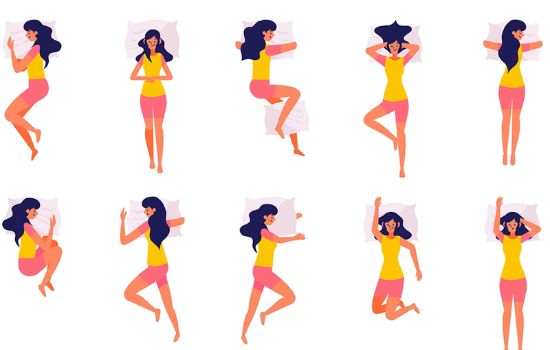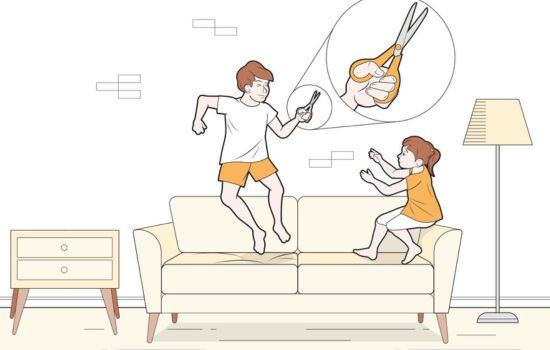Discover the best activities to support the development of people with autism, promoting social, motor and cognitive skills.
Autism is a neurodevelopmental condition, which means it affects communication, social interaction and behavior.
Therefore, activities chosen for people with autism must be adapted to their specific needs.
This is necessary to help promote social, motor and cognitive skills.
This article explores the best activities to do with people who have autism to provide a positive and inclusive learning environment.
1. Sensory Enriching Activities
Sensory activities are essential for people with autism, as they can help regulate the sensory system and reduce anxiety.
Some options include:
- Sensory Boxes: Boxes filled with rice, sand, beans or other textured materials allow children to explore different tactile sensations.
- Modeling Clay and Slime: Handling these materials can be calming and also improves fine motor coordination.
- Water Toys: Water activities, such as playing with sponges or cups, provide an enjoyable sensory experience.
2. Imitation and Theater Games
On the other hand, games that involve imitation and role-playing can help develop social and emotional skills.
Some effective activities are:
- Mirror Games: Where the child imitates another person's movements, helping to improve body awareness and imitation skills.
- Puppet Theater: Using puppets to create stories can encourage communication and emotional expression.
- Imitation Games: Simple activities like imitating animals or movements can be fun and educational.
3. Physical Activities
Likewise, physical exercise is essential for motor development and general health.
In this sense, recommended physical activities include:
- Swimming: Water provides an enriching sensory environment and swimming helps improve motor coordination and endurance.
- Yoga for Children: Yoga can help with emotional regulation and developing body awareness.
- Outdoor Games: Running, jumping and playing in parks or playgrounds improves gross motor skills and provides a release of positive energy.
4. Artistic Activities
In turn, art is an excellent form of expression for people with autism.
Some artistic activities include:
- Drawing and Painting: Provide different materials, such as colored pencils, paints, and crayons, so they can explore their creativity.
- Craftsmanship: Simple projects like making collages, modeling with clay, or creating bracelets help improve fine motor skills.
- Music and Dance: Playing instruments, singing or dancing promotes emotional expression and coordination.
5. Educational and Technological Games
Educational games and technology can be powerful tools for learning.
For example:
- Educational Applications: There are many apps developed specifically to help children with autism develop social, language, and cognitive skills.
- Board Games and Puzzles: These games encourage logical reasoning, patience and problem-solving skills.
- Interactive Stories: Interactive books or reading apps can help improve language skills and comprehension.
6. Activities of Daily Living
Teaching daily living skills is crucial to independence. Some activities include:
- To cook: Simple tasks, such as mixing ingredients or cutting vegetables, help develop motor and sequencing skills.
- Household Chores: Participating in tasks such as making the bed, cleaning, or organizing toys teaches responsibility and routine.
- Routine Planning: Using visual calendars or timelines can help organize your day and provide a sense of security.
Conclusion
Adapted activities are essential to support the development of people with autism.
Whether they are sensory and physical activities or artistic and technological activities, each one contributes to the development of social, motor and cognitive skills.
Ultimately, the most important thing is to choose activities that are fun and meaningful to the person.
This way, it is easy to promote a positive and inclusive learning environment.




